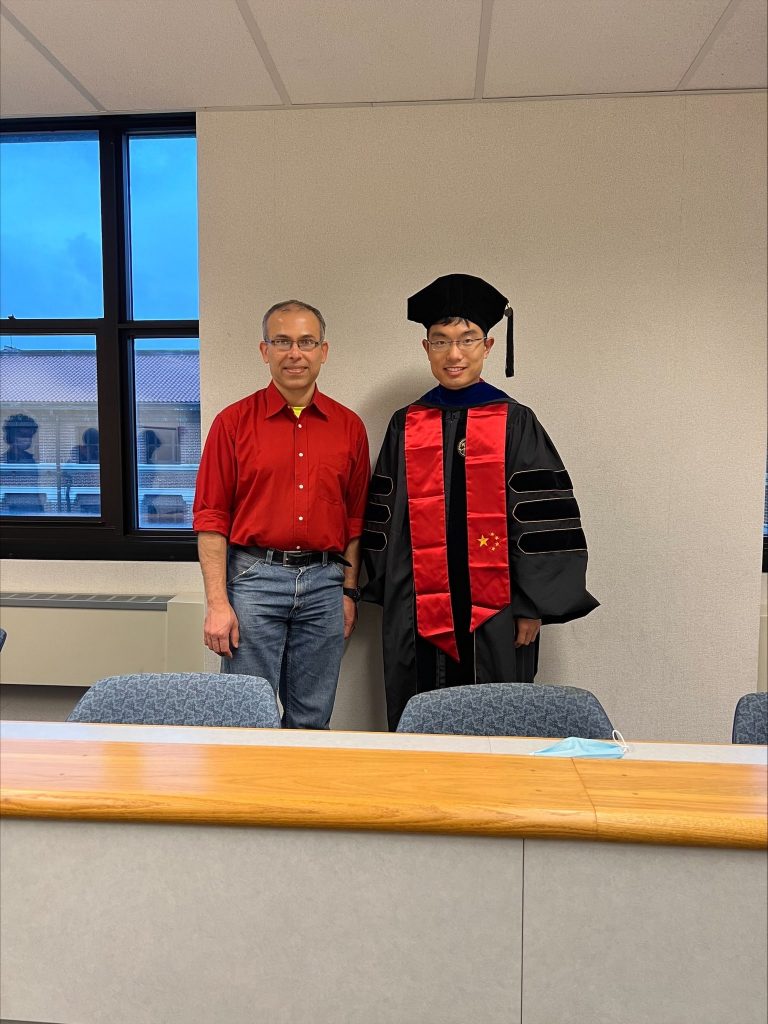We have two papers accepted from two different domains, one in Eurosys, a core systems conference, and the other in AIStats, an AI/ML conference.
Our Eurosys paper is “LiteReconfig: Cost and Content Aware Reconfiguration of Video Object Detection Systems for Mobile GPUs”, led by Ran Xu, who just graduated with his PhD and has joined NVIDIA. This is joint work with Yin Li, a vision expert at University of Wisconsin at Madison, and Somali Chaterji at Purdue University. Acceptance rate was 42/162 = 25.9%.
This work is in the topic of approximation for streaming video analytics on mobile GPUs. It shows how to approximate based on content complexity. The key innovation is what features of the scene to use to determine what approximation branch to use — approximation is needed since exact computation is too expensive.
Our AIStats paper is “Can we Generalize and Distribute Private Representation Learning?`” and is led by PhD student, Sheikh Azam. It is joint work with Chris Brinton of Purdue (Azam’s advisor) and Carlee Joe-Wong of CMU. Acceptance rate was 492/1685 = 29.2%.
The paper is in the area of Private Representational Learning (PRL). While centrally-aggregated dataset is a prerequisite for most PRL techniques, data in real-world is often siloed across multiple distributed nodes unwilling to share the raw data because of privacy concerns. We address that problem here, in situations where there are multiple allies and multiple adversaries. We want to transform the data so that the utility of the allies is maximized and that of the adversaries is minimized.
